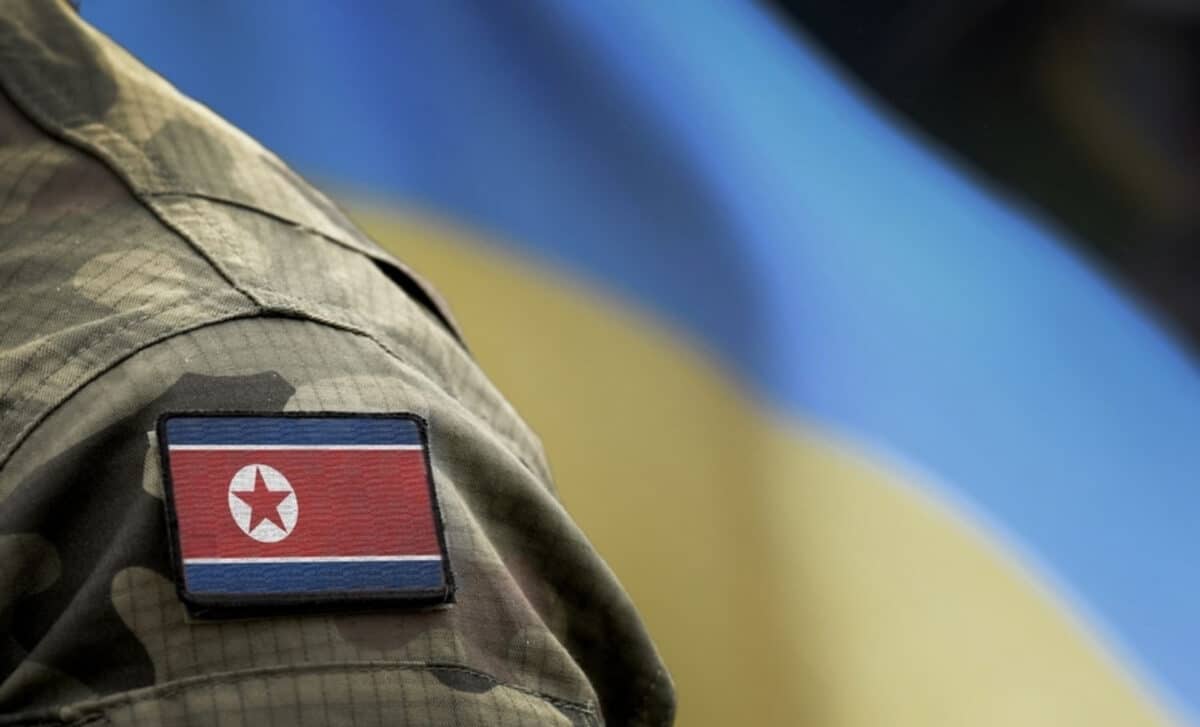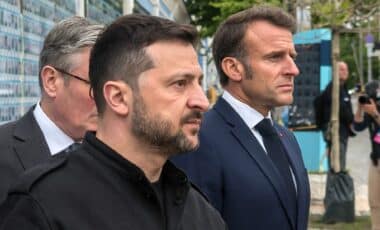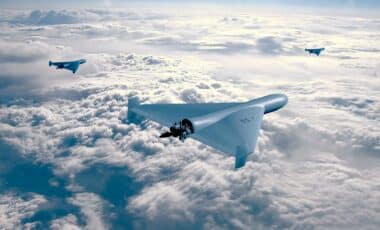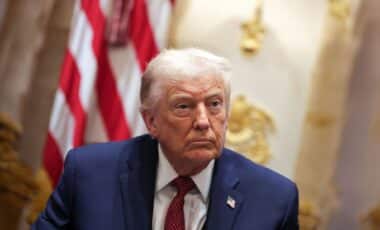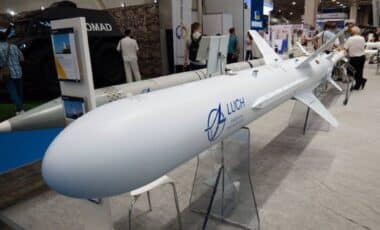This potential deployment would mark a notable escalation in Pyongyang’s involvement in the conflict, as it follows earlier reports of North Korea having already dispatched around 11,000 troops to assist Russia last fall. Russian President Vladimir Putin confirmed their presence in April after months of remaining silent on international accounts of North Korean casualties in Ukraine.
The report comes amid signs of intensifying pressure on Ukrainian defenses, particularly in the east. Ukrainian and Western sources have noted a surge in Russian ground and aerial attacks, alongside speculation that Washington’s military aid to Kyiv is faltering. These developments raise concerns about how external military reinforcements could shape the course of the ongoing war.
Putin joked about Trump getting offended—then a Russian drone struck Kyiv hours later
Deployment May Be Phased Through November
According to Ukrainian intelligence documents cited by CNN, North Korean soldiers are expected to bolster Russian forces during “large-scale offensive operations.” Satellite images reportedly show logistical preparations in Russian ports, with vessels previously used for North Korean troop deployments appearing active. Flight paths of cargo aircraft also point to ongoing transport operations between the two countries.
The buildup follows visits to Pyongyang by senior Russian officials, including former defense minister Sergei Shoigu, who met with North Korean military leaders such as Pak Jong-Chon in mid-June. Shoigu also announced that North Korea would dispatch over 6,000 personnel to Russia’s Kursk region for mine clearance and infrastructure restoration tasks.
CNN noted that while some analysts believe the actual number of deployed North Korean troops could be closer to 15,000, the final figure likely depends on Russia’s specific requests. “They can certainly come up with that number,” said Jenny Town, a senior fellow at the Stimson Center, who also referred to rumors of Russian generals training North Korean forces inside the country.
Intensification of Russian Advances in Eastern Ukraine
Russian forces continue to make tactical advances in eastern Ukraine, particularly in the Donetsk region. According to Ukraine’s top commander, General Oleksandr Syrskyi, Russia has deployed 111,000 soldiers in the Pokrovsk area, which remains a key target after more than a year of hostilities. Syrskyi stated that dozens of combat engagements are taking place daily as Russian units push to break through toward the Dnipropetrovsk region.
The offensive includes the use of light vehicles, drones, and small assault teams to sustain pressure along critical supply routes. Viktor Trehubov, spokesperson for the Khortytsia group of Ukrainian forces, described “constant attacks with the intent of breaking through,” especially near towns that serve as logistical corridors.
As Russia intensifies both ground operations and long-range missile and drone strikes on cities like Kyiv, concerns are mounting about Ukraine’s ability to sustain its defenses without consistent international support.
Uncertainty Over U.S. Military Aid
The reports of North Korean troop deployments emerge as the United States appears to be halting deliveries of key military systems to Ukraine. According to the Royal United Services Institute (RUSI), the suspension includes precision-guided munitions such as rocket artillery, which are essential for Ukraine to target Russian logistics beyond the 30-kilometer range from the front.
Jack Watling, a senior researcher at RUSI, stated that losing access to such weapons would “significantly degrade Ukraine’s ability” to strike deep into Russian-held territory. Meanwhile, Ukraine’s Defense Ministry has denied receiving formal notice of a suspension in aid and maintains that deliveries are continuing.

